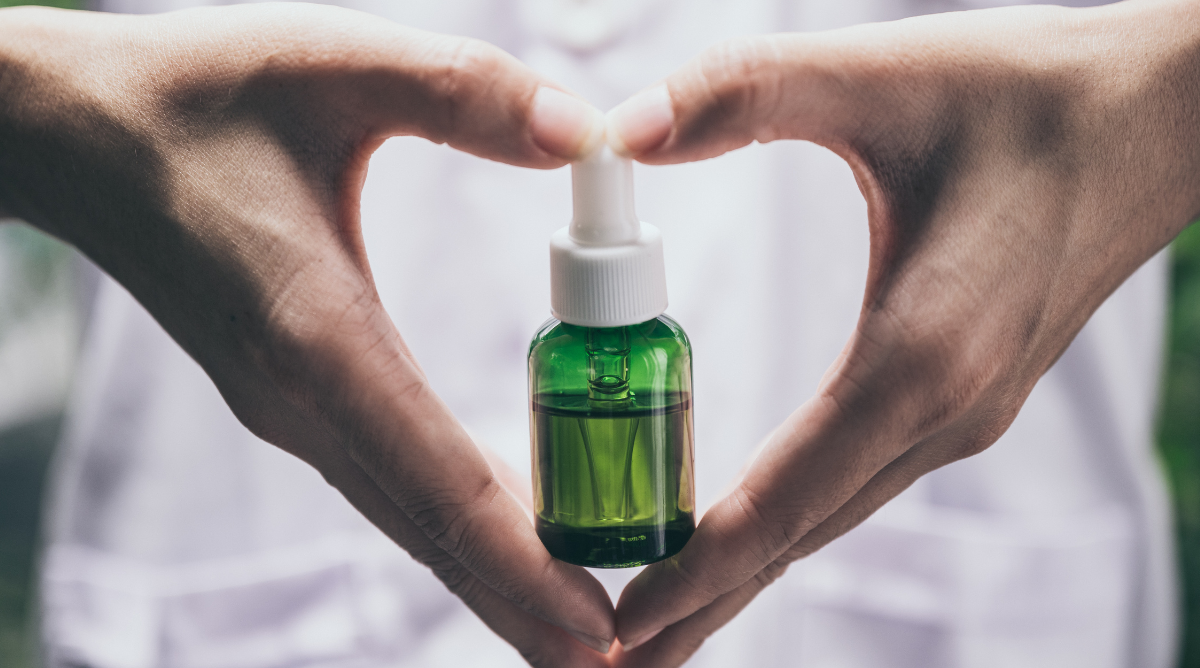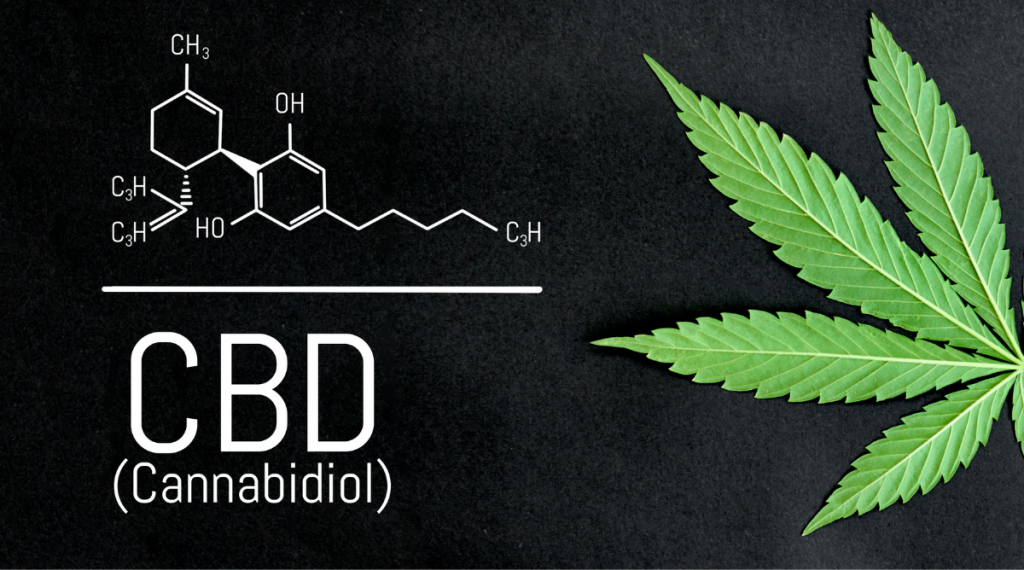
There are many reasons why people use CBD products. There is a growing wealth of information and clinical studies about cannabidiol for wellness. But because there is a shortage of data-based longitudinal studies (long-term research), definitive health claims about CBD can’t be made.
Ask someone who has been successfully using clinical-grade CBD to help manage their wellness if they think it works. Because using cannabidiol to help with inflammation and anxiety is nothing new. It has been used therapeutically in the United States since the 1940s. And socially demonized along with cannabis.
When something is not 100% understood by the scientific community, it can be open to social and legal scrutiny. That was the case when an inflammatory research paper about the potential for CBD to cause liver harm was released. And because CBD is such a popular wellness supplement, the media picked it up and created misinformation and skepticism about cannabidiol.
The fact that the article that created the alarm was published in Forbes didn’t help. Forbes is a trusted news outlet. However, before the article could do significant damage to CBD’s reputation as a treatment option, advocate groups worked to clarify the results of the mentioned clinical study.
On June 18, 2019, Mike Adams (a writer for Forbes) published an article called “Marijuana Study Finds CBD Can Cause Liver Damage.” Imagine if you were someone who used CBD daily? The headline alone would be enough reason to experience anxiety.
To say that the article created shockwaves would be an understatement. In one part of the article, Adams claims that the study from the University of Arkansas proved that CBD could be as harmful as alcohol and drugs on the liver. And media outlets were quick to pick it up and share the article.
And it is not the first time that Mike Adams wrote an inflammatory piece about therapeutic cannabis. A review of past articles shows a definitive negative narrative about cannabis and CBD use in general.
Mike Adams is now listed as a ‘former contributor’ for Forbes, with no new articles since January 2020. Right around the time when COVID-19 started, cannabis sales in the United States rapidly grew.
The thing about clinical studies is that while they contain data, that information is always subject to interpretation. That’s why you will find language like “may cause ” or “could result” in clinical studies. Scientists can never be 100% sure, and they shouldn’t conclude that facts and data cannot back.
But that is precisely what happened in the particular study from the University of Arkansas that was written about in Forbes. The report stated:
“CBD exhibited clear signs of hepatotoxicity, possibly of a cholestatic nature. The involvement of numerous pathways associated with lipid and xenobiotic metabolism raises serious concerns about potential drug interactions as well as the safety of CBD.”
Advocacy groups (including Project CBD) called out both the clinical study and the article as a ‘hit piece.’ Was it intended to put a big dent in CBD sales in the United States? Many industry insiders think so. And some suspect that it had more to do with creating panic and skepticism, making prescription cannabidiol (like the FDA approved Epidiolex) the ‘safe alternative”. And Big Pharma monopoly? The plot thickened.
Advocacy groups were fast to point out that it is known that highly high potency and dosing of CBD can cause liver damage. But the findings of the clinical study were based on extremely high doses of CBD administered to mice. Amounts that would not be correlated to the same potency levels as humans would receive therapeutically. And there were many discrepancies in the data reporting as well.
The average person looks at CBD as all the wellness potential of cannabis, without psychoactive intoxication. You can take the CBD and go to work or operate a vehicle. With less than 0.30% THC, you would have to consume a lot of it to become intoxicated. More than would be reasonable to ingest in one sitting, no matter what form you consumed.
The same thing holds for Delta-8 THC. And interestingly, many states are moving to ban Delta-8 THC because, technically, it’s hemp. And not subject to all the control and safety laws surrounding marijuana cultivation, processing, sale, and consumption.
But Americans are very interested in Delta-8 for the same reason. Daytime use. Without intoxication. And the ‘witch hunt’ against the top-selling Delta-8 products has begun. Lawmakers want it regulated. And they don’t think it should be categorized as hemp and federally legalized under The Farm Act of 2018.

Read: “Why Are Delta-8 Producers Being Targeted in the MMJ States?”
Cannabidiol can cause liver damage and other health problems. But only if the highest-potency forms of CBD are consumed. And in mass volumes. Amounts that the average consumer would not use for symptom management.
If you are currently taking prescription medications, talk to your doctor before taking cannabidiol (CBD). While it is generally well-tolerated, CBD can conflict with certain types of prescription medications. And in some cases, it can lower the efficacy of the medication once metabolized.
Featured Image: Canva
No Information on MarijuanaDoctors.Com should be used to diagnose, treat, prevent or cure any disease or condition. You can view our Full Disclaimer here.